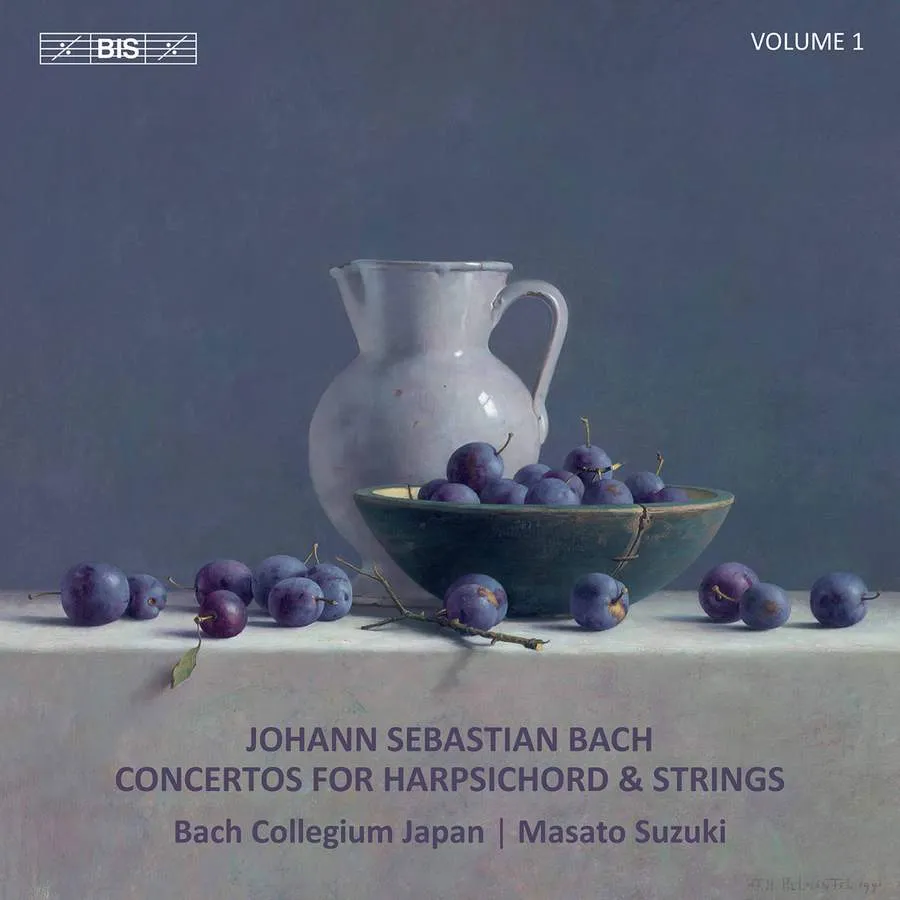
JS Bach Keyboard Concerto No. 1 in D minor, BWV 1052; Keyboard Concerto No. 5 in F minor, BWV 1056; Harpsichord Concerto in D minor, BWV 1059; Keyboard Concerto No. 2 in E major, BWV 1053 Bach Collegium Japan/Masato Suzuki (harpsichord) BIS BIS-2401 65:48 mins
This disc is the torch-bearer for a projected complete survey of Bach’s concertos for harpsichord and strings. Most of them are the composer’s own arrangements, at Leipzig, of earlier works which he probably prepared for his sons and pupils to play at the collegium musicum concerts of which he was director during the 1730s and early 1740s.
As well as the great D minor Concerto, the first volume contains those in F minor and E major as well as a new reconstruction by Masato Suzuki of another D minor piece which has survived only as a nine-bar fragment. Taking as his starting point the introductory sinfonia of Bach’s cantata, Geist und Seele wird verwirret (BWV 35), whose opening bars are almost identical to the fragment, Suzuki has created a work whose remaining two movements are developed from an aria and a second sinfonia belonging to the same cantata. All of the concertos here, in fact, contain music to be found elsewhere among Bach’s cantatas.
Soloist Suzuki, with the lively and responsive partnership of the Bach Collegium Japan provide invigorating performances. Their playing of the faster outer movements pulsates with energy, a feature that is especially rewarding in the D minor Concerto, BWV 1052. The solo sections are of a virtuosic character, sometimes bringing to mind the violin bariolage of the presumed earlier instrumentation. But, while these brilliant flanking movements sparkle, the melancholy, centrally placed Adagio seemed to my sensibilities deficient in poetry. The reconstructed D minor Concerto with its prominent oboe writing fares well. Masamitsu San’nomiya is an expressive oboist, and his eloquent dialogue with Suzuki is pleasing.
Nicholas Anderson